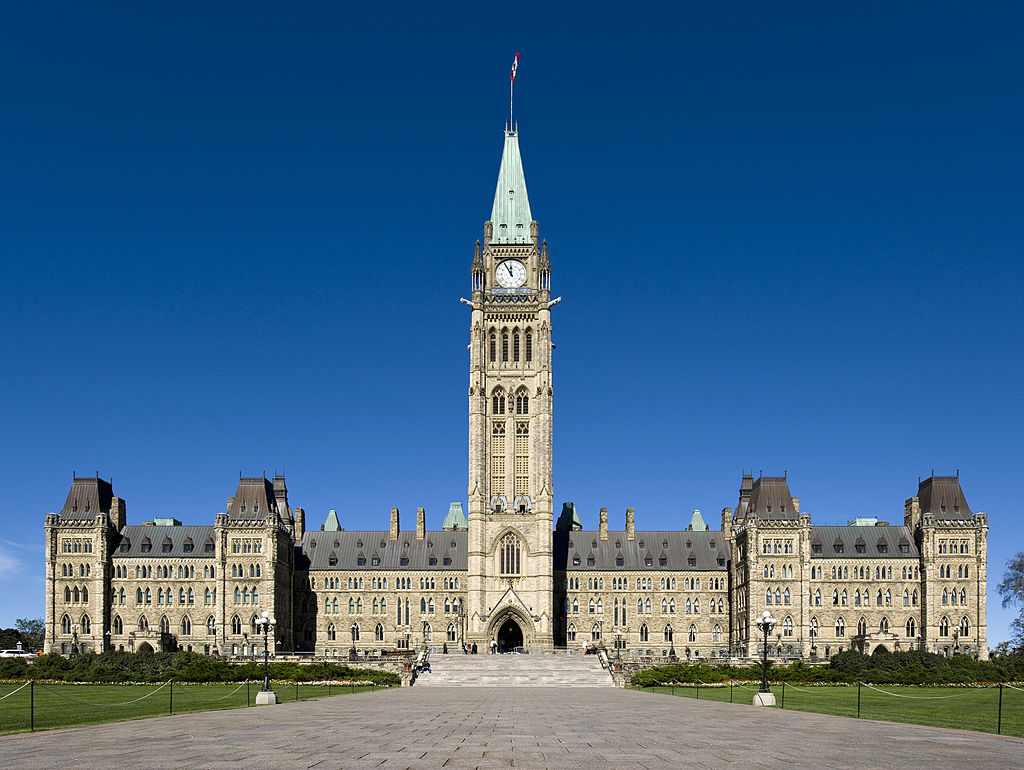
Canada stands at an inflection point. The decisions government makes in allocating scarce public dollars are critical.
Our productivity crisis has left our economy in weak shape, and turning that around is going to be a monumental task that will require every ounce of the government’s energy and focus. At the same time, Canada faces external risks that demand stronger economic resilience. The looming threat of tariffs from the United States underscores the urgency of bolstering domestic competitiveness while diversifying trade relationships.
Putting aside today’s political turmoil, we have reviewed today’s Fall Economic Statement through the lens of what it means for business, investors and workers in Canada. Now more than ever, we need bold, forward-looking fiscal policies that enhance competitiveness, drive innovation, and lay the groundwork for sustainable growth.
The government’s ongoing departure from its fiscal anchor—the self-imposed budget deficit target—raises significant concerns. When foreign investors are looking at the Canadian economy, economic stability is a top concern. They need to see that when the government commits to a course, they maintain it.
High levels of deficit spending, particularly on programs that prioritize short-term consumption over long-term productivity growth, are unsustainable. Of particular concern is the recently announced HST/GST holiday, which, while temporarily alleviating financial pressures for consumers and bolstering retail sales in the short term, does little to address the persistent structural productivity challenges our country faces.
The focus on unlocking capital through reforms to the SR&ED program and the reinstatement of the Accelerated Investment Incentive, unlocking pension fund investments, better-leveraging public assets, growing our AI economy and supporting venture capital are welcome steps to spur innovation and economic growth.
Additionally, we recognize the recent announcement of funding to the City of Toronto for new subway trains on Line 2 is an essential step in maintaining and improving our region’s infrastructure.
The Board urges the federal government to pivot its focus toward three critical priorities:
1) Fiscal Discipline: Adopting a prudent approach to fiscal policy and expenditure management that ensures more predictable levels of spending and provides certainty for businesses, workers and communities.
2) Strategic Investments in Productive Capacity: Prioritize investments and programs that reduce the productivity gap and keep Canada competitive.
3) Investment Attraction: Attracting domestic and foreign investment in productive industries through an ambitious capital investment strategy.
The Toronto Region Board of Trade remains committed to working with the government to advance policies that achieve these objectives for the benefit of businesses and communities across the region.
The Toronto Region Board of Trade is one of the largest and most influential business chambers in North America and is a catalyst for the region’s economic agenda. We pursue policy change to drive the growth and competitiveness of the Toronto region and facilitate market opportunities with programs, partnerships and connections to help our members succeed – domestically and internationally.
Media Contact
Jason Chapman, Communications and Media Relations Manager